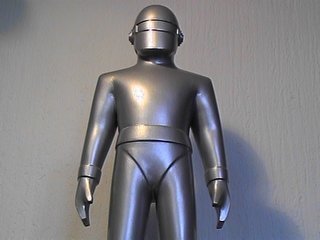I’ll leave the questions on this subject to someone with a firmer grasp of math theory than I can claim.
Japanese mathematician claims to have solved a notorious maths problem, but nobody understands it
The ABC conjecture
Shinichi Mochizuki of the Research Institute for Mathematical Sciences at Kyoto University is such a mathematician. In August 2012, he posted a series of four papers on his personal web page claiming to prove the ABC conjecture, an important outstanding problem in number theory.
A proof would have Fermat’s Last Theorem as a consequence (at least for large enough exponents), and given the difficulty of Wiles’ proof of Fermat’s Last Theorem, we should expect a proof of the ABC conjecture to be similarly opaque.
The conjecture is fairly easy to state. Suppose we have three positive integers a,b,c satisfying a+b=c and having no prime factors in common. Let d denote the product of the distinct prime factors of the product abc. Then the conjecture asserts roughly there are only finitely many such triples with c > d. Or, put another way, if a and b are built up from small prime factors then c is usually divisible only by large primes.
Here’s a simple example. Take a=16, b=21, and c=37. In this case, d = 2×3×7×37 = 1554, which is greater than c. The ABC conjecture says that this happens almost all the time. There is plenty of numerical evidence to support the conjecture, and most experts in the field believe it to be true. But it hasn’t been mathematically proven – yet.
Enter Mochizuki. His papers develop a subject he calls Inter-Universal Teichmüller Theory, and in this setting he proves a vast collection of results that culminate in a putative proof of the ABC conjecture. Full of definitions and new terminology invented by Mochizuki (there’s something called a Frobenioid, for example), almost everyone who has attempted to read and understand it has given up in despair.
Add to that Mochizuki’s odd refusal to speak to the press or to travel to discuss his work and you would think the mathematical community would have given up on the papers by now, dismissing them as unlikely to be correct. And yet, his previous work is so careful and clever that the experts aren’t quite ready to give up.


